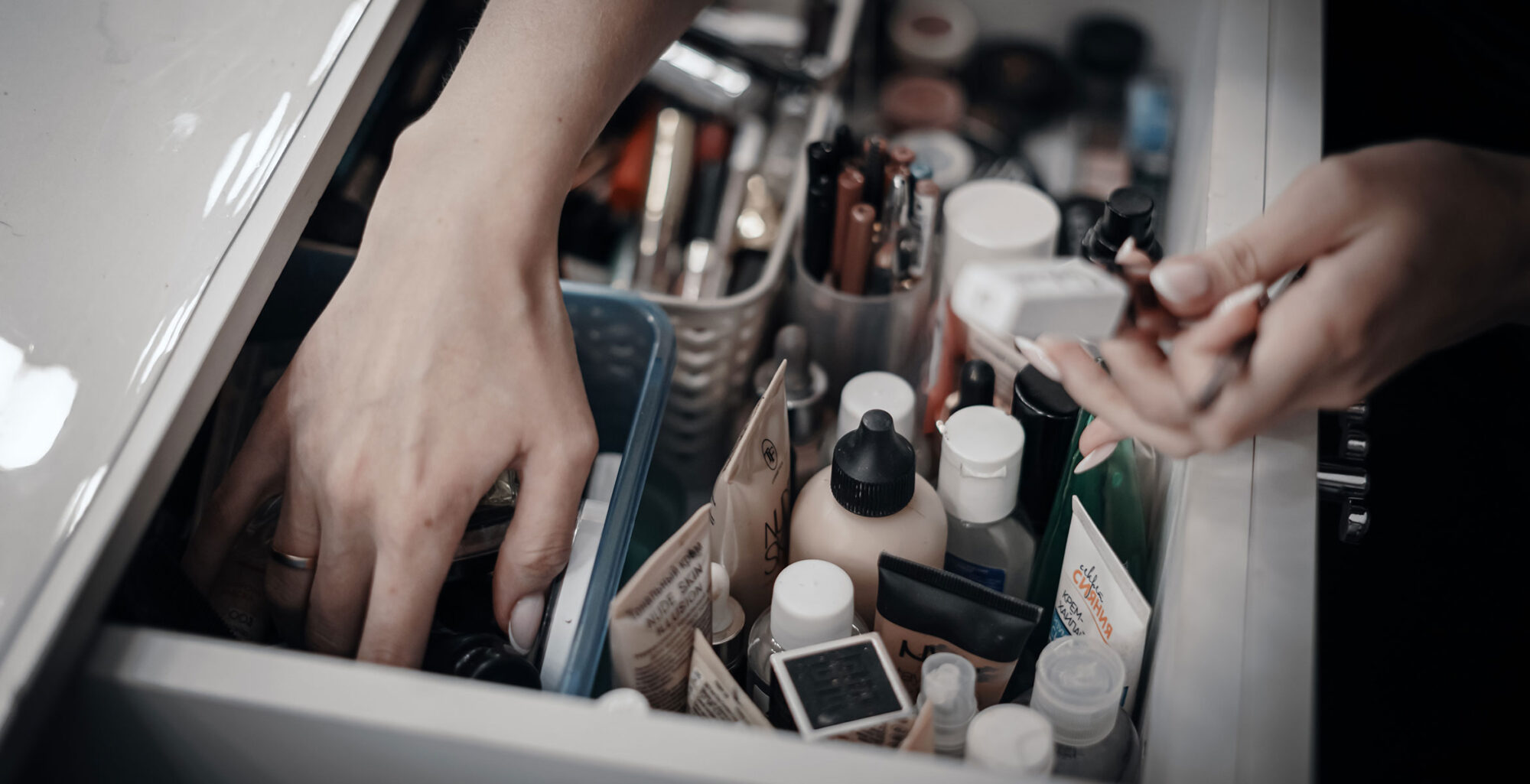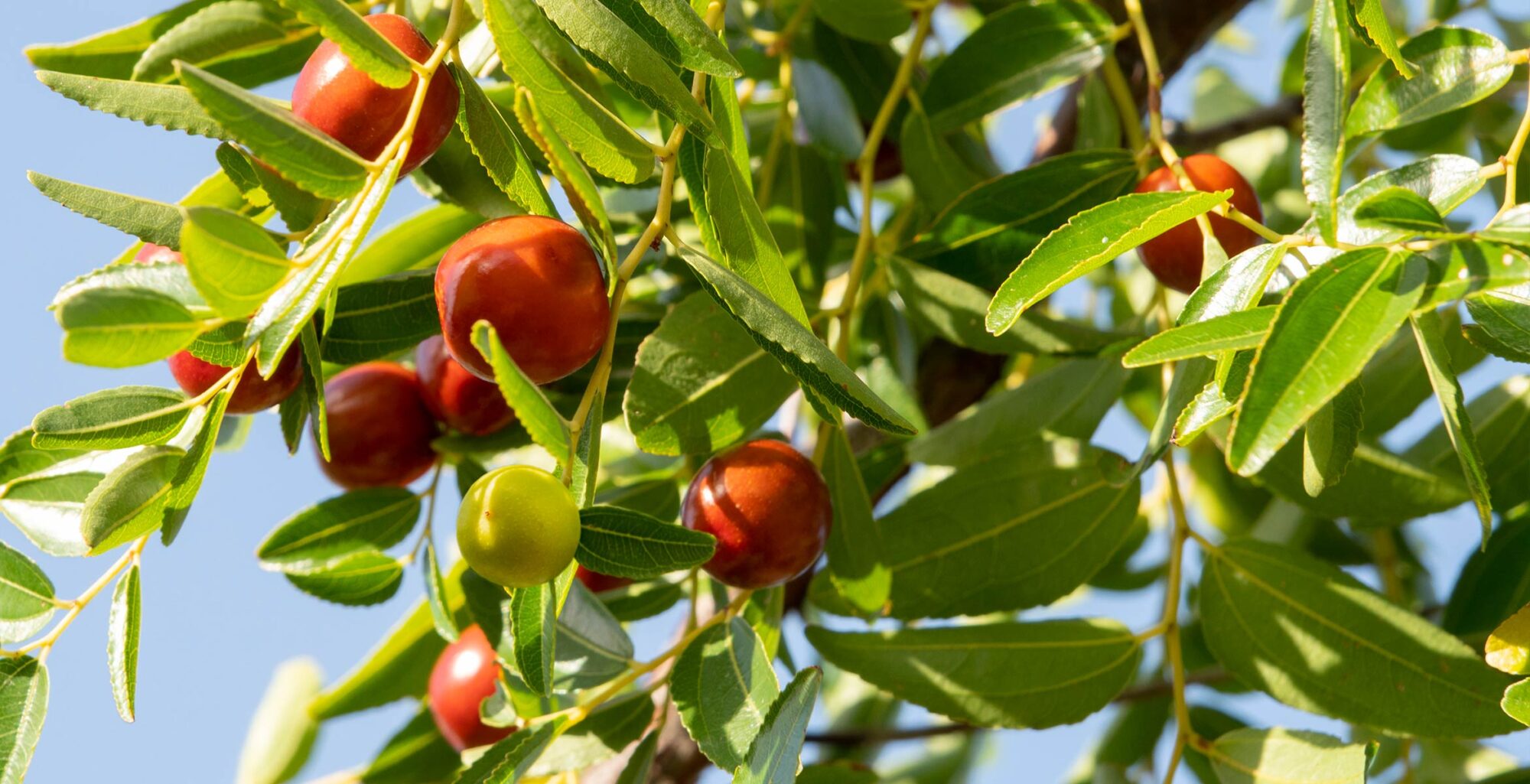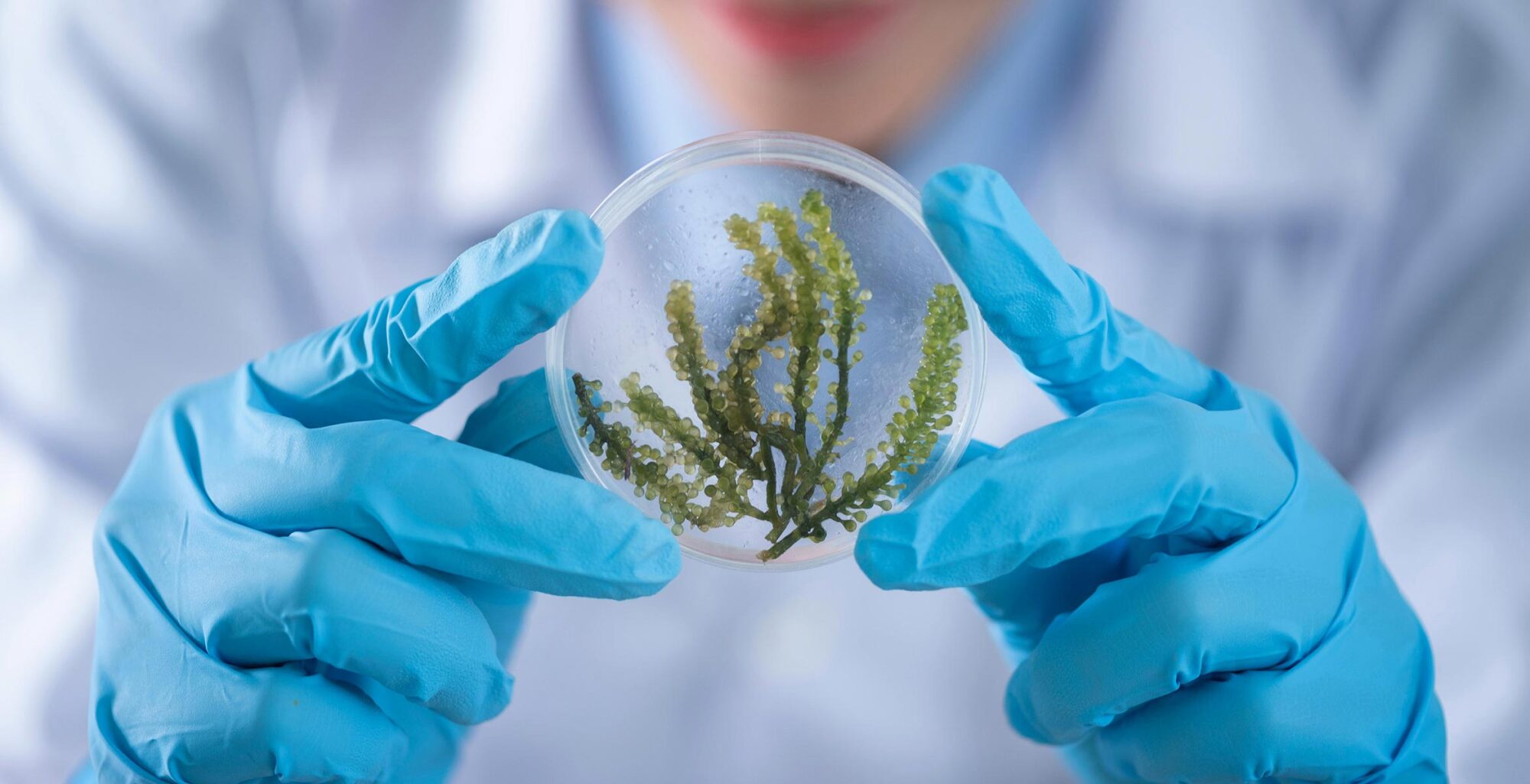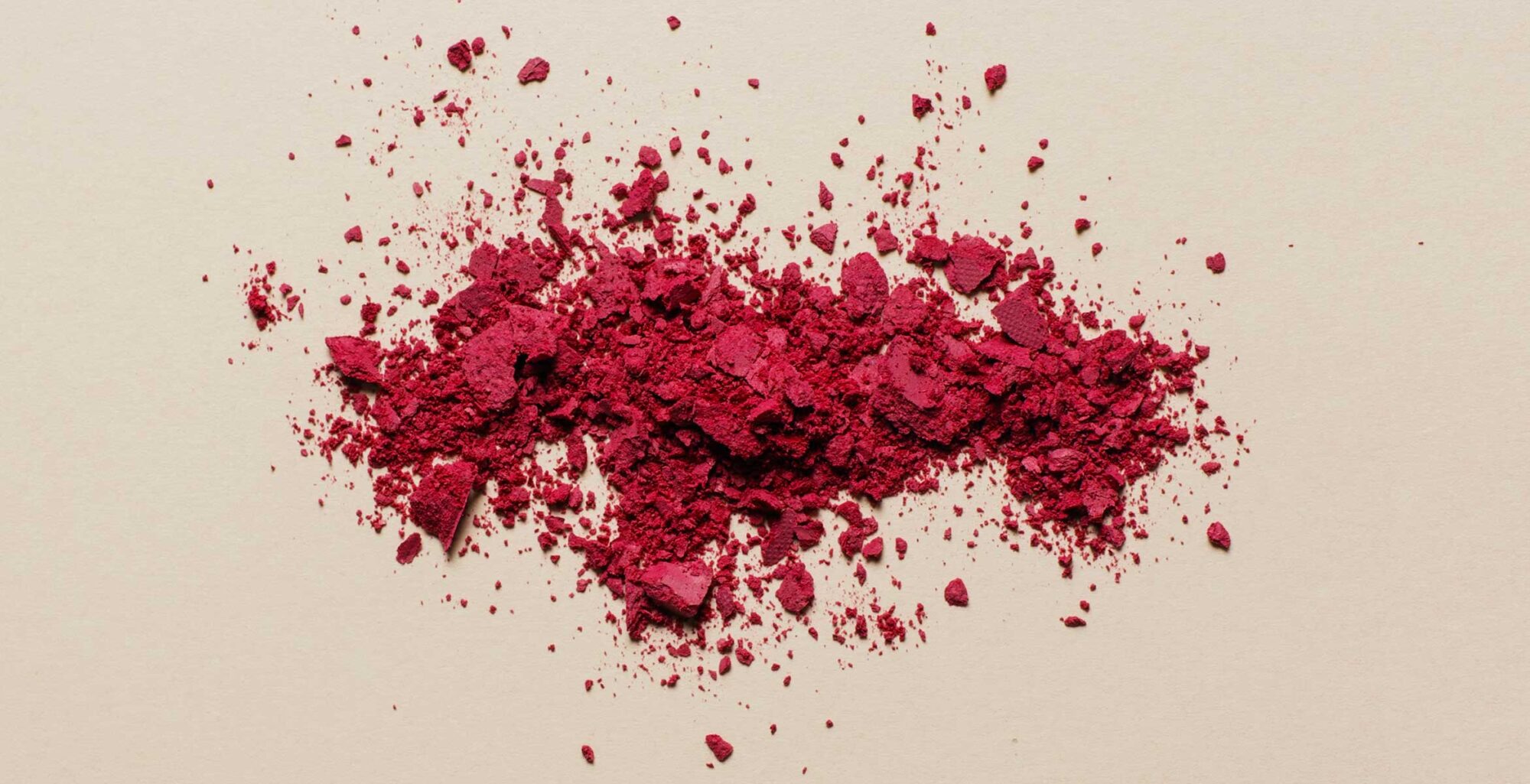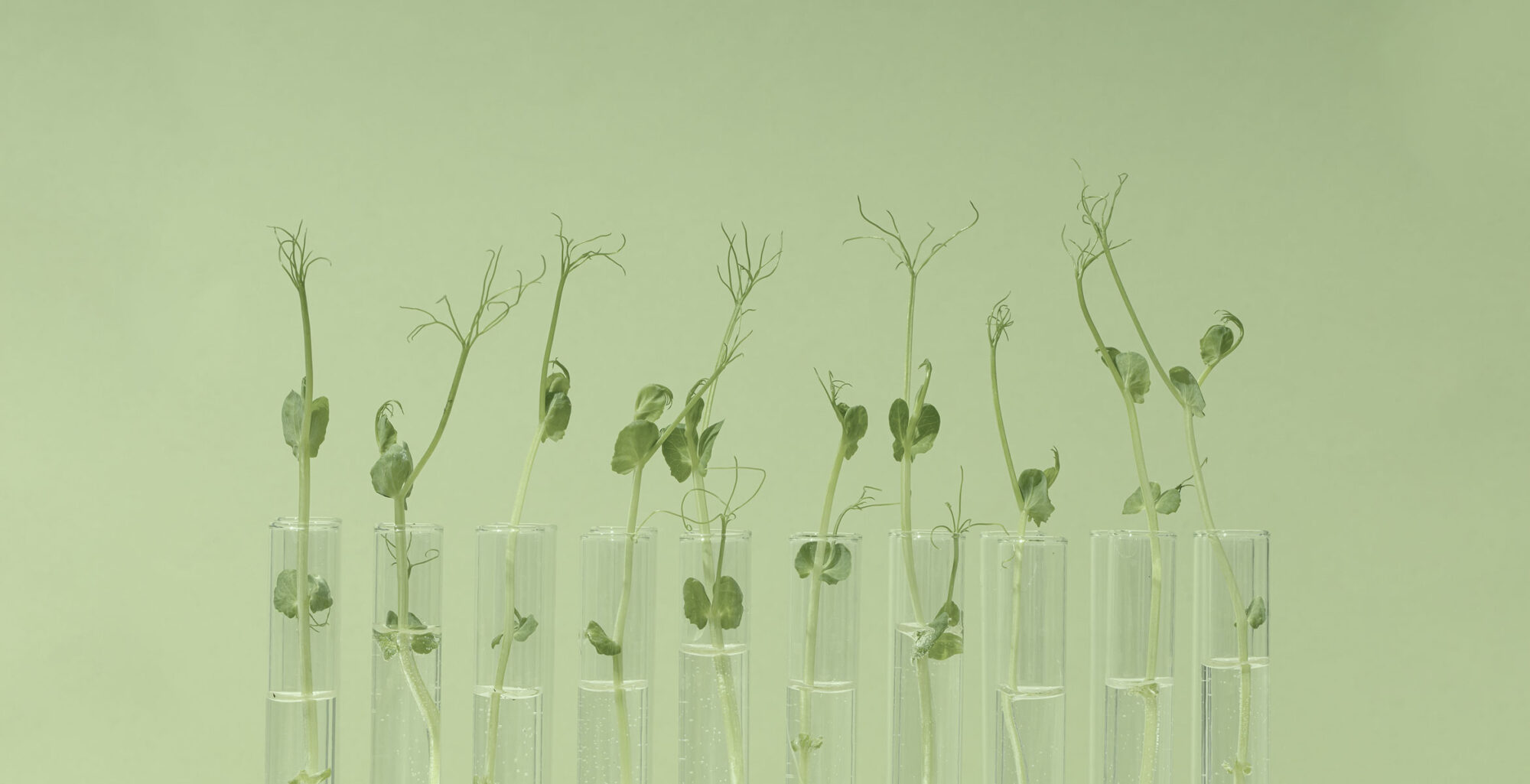Sustainability Practices: Lessons from The Eden Project
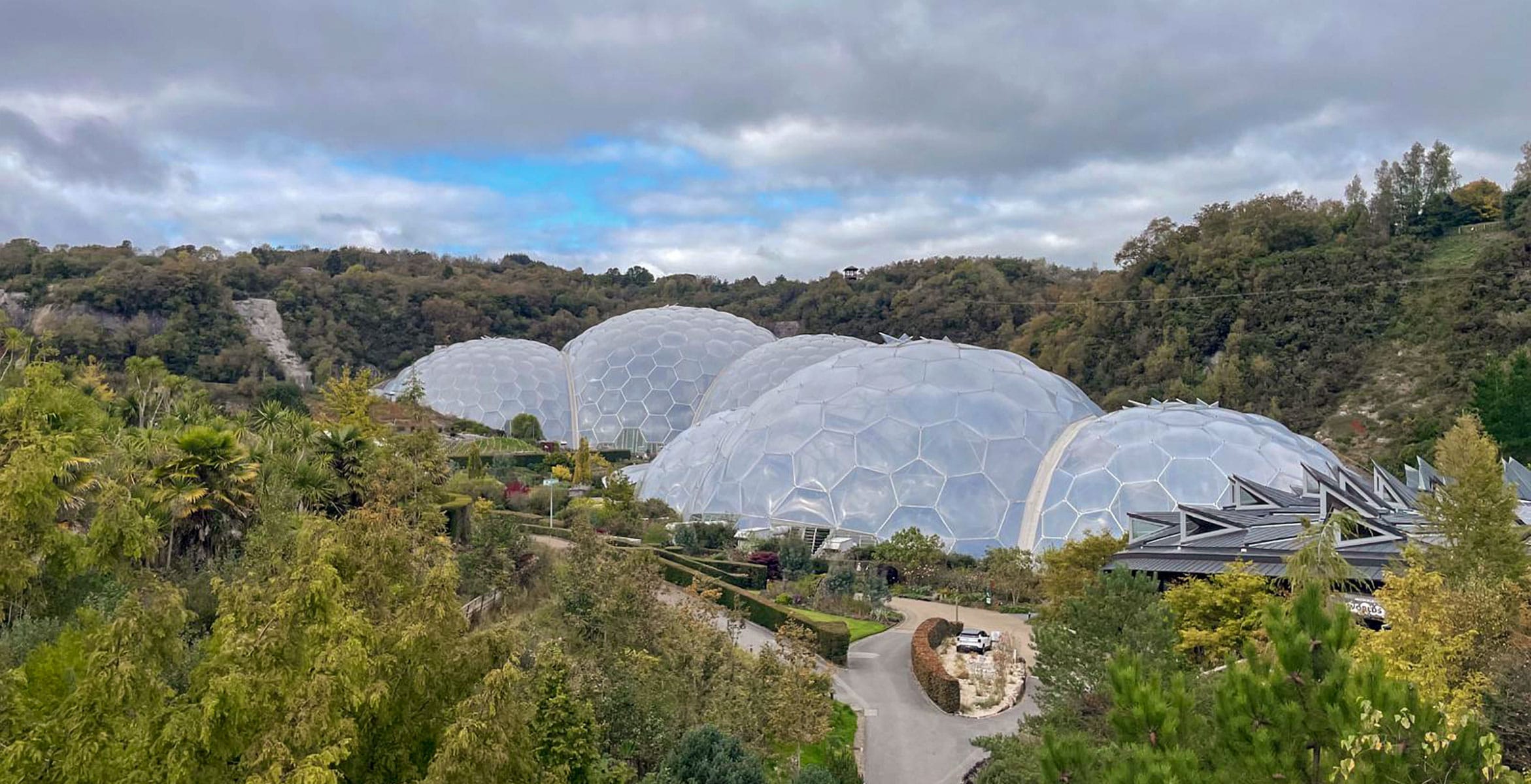
This month, I visited the Eden Project in Cornwall, a place I had long admired, but nothing could have prepared me for the experience of standing beneath those vast biomes. Each dome felt alive, a microcosm of our planet, thriving through perfect balance. I remember feeling small yet deeply connected, humbled by how every leaf, droplet, and root played its part in sustaining life. The experience reaffirmed my lifelong commitment to embedding rigorous sustainability practices into every aspect of Twelve Beauty.
What struck me even before stepping inside the biomes was the story of where they stand. The Eden Project was built on the scarred remains of a former china clay mine – a barren, exhausted landscape once stripped of life. Today, that same ground bursts with colour, life and hope. It’s a living reminder that, when guided by vision and care, humanity can transform even the most damaged places into thriving ecosystems once more. If we can regenerate a landscape once deemed beyond repair, imagine what we can do for the planet when we truly commit.
Today, I want to share the insights that have since shaped my thinking, lessons from nature, science, and conscience that continue to guide how we create skincare rooted in respect for our planet.
The Price of Preciousness
Luxury, for me, is not about excess; it’s about reverence. Behind every raw material lies a story: of human hands, of fragile ecosystems, and of time itself. Consider jasmine oil, a legendary essence that takes around 8,000 flowers, handpicked at dawn, to produce just one gram of oil. We don’t use jasmine in our formulas, but its story perfectly illustrates how extraordinary effort and resources go into nature’s most precious gifts.
This is the essence of responsibility. True beauty demands that we question not only what we use, but how and why we use it. Our sustainability practices ensure that every botanical extract we choose is sourced ethically, with full transparency and traceability, an approach grounded in what I call organic ingredient sourcing ethics.
We work exclusively with partners who share our values: respect for biodiversity, fair working conditions, and a commitment to preserving the integrity of the land. The cost of quality is never monetary alone; it’s ecological and moral. That’s why we favour ingredients grown in harmony with their environment, each one a quiet testament to mindful formulation.
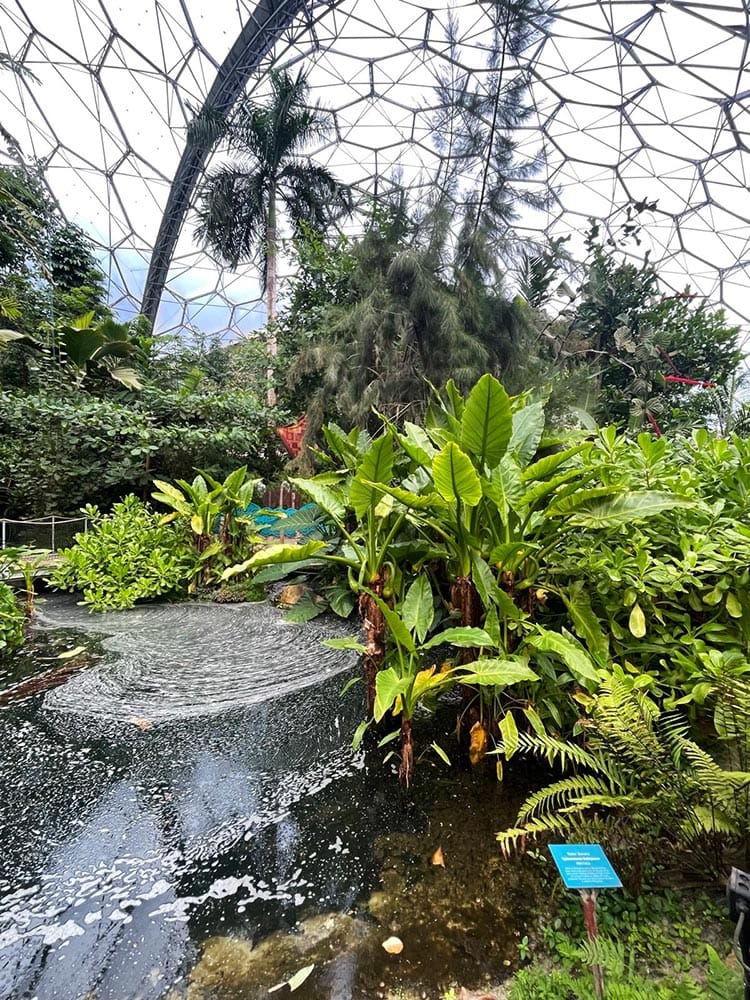
People Pressure & The Mediterranean Mirror
One of the exhibits at the Eden Project spoke of “People Pressure”, a deceptively simple term that captures humanity’s vast influence on the planet. For more than 10,000 years, we’ve been reshaping landscapes, cultivating crops, and clearing forests. The Mediterranean region, where Twelve Beauty is based, has borne witness to this transformation for millennia; its once-dense forests replaced by farmland and cities, leading to rising temperatures and declining rainfall.
As someone from Spain, this reality feels personal. The Mediterranean has always symbolised abundance, yet now it stands as a warning of what happens when balance is lost. Every local action, however small, reverberates across the globe.
At Twelve Beauty, our sustainability practices extend far beyond sourcing. They shape how we operate, innovate, and educate, from supporting regenerative agriculture to reducing packaging waste and carbon emissions. Because sustainability isn’t an initiative; it’s an attitude, one that begins with awareness and grows through daily choices.
The Lungs of the Planet: Rainforest Realities
If the Mediterranean mirrors our history, the rainforests represent our hope. Standing inside the humid canopy of the Eden Project’s Rainforest Biome, I was reminded that these ecosystems are quite literally the lungs of the planet. They regulate climate, purify air, and sustain life in ways we are only beginning to comprehend.
Rainforests absorb and lock away carbon dioxide, release oxygen, and recycle moisture through their leaves, generating clouds that drift across continents and bring rain to crops thousands of miles away. Scientists estimate that these ecosystems can make the air around them up to 5°C cooler and release over eight trillion tonnes of water vapour into the atmosphere each year.
Our sustainability practices are built on this understanding of interconnectedness. Every formula we create reflects the principle that no ingredient, no product, and no decision exists in isolation. We favour small-scale producers, support conservation initiatives, and ensure that none of our ingredient choices contribute to deforestation or habitat destruction.

I often think of South Korea as a powerful modern example of renewal. After decades of deforestation and war, the country launched one of the world’s most successful reforestation programmes, transforming its once-barren hills into thriving forests in just a few generations. It proves that determined, collective action can restore balance faster than we think, a lesson that deeply resonates with our own mission and reinforces the urgency behind our sustainability practices.
Rainforests remind us that nature doesn’t need to be improved – only respected. Working in harmony with the planet is the most beneficial path for our shared future.
The Carbon Conundrum: A Call to Action
Carbon is a paradox, both the foundation of life and the driver of our greatest environmental threat. It’s in every living thing, yet when released in excess, it traps heat and destabilises climate systems. Since 1880, global temperatures have risen by about 1.2°C, most of that increase occurring since 1975. Scientists warn that exceeding 1.5°C could trigger irreversible consequences, and current trajectories point towards nearly 4°C.
This is not a distant concern; it is a present reality. The climate crisis affects farmers, pollinators, and ecosystems – the very sources of our natural ingredients.
At Twelve Beauty, our sustainability practices are guided by a principle I call “carbon consciousness”. We measure and minimise emissions wherever possible, from production to packaging to distribution. We choose local suppliers when feasible, and we’re constantly refining our operations to reduce our footprint. Carbon neutrality, for us, is not a finish line; it’s a continuous commitment to equilibrium.
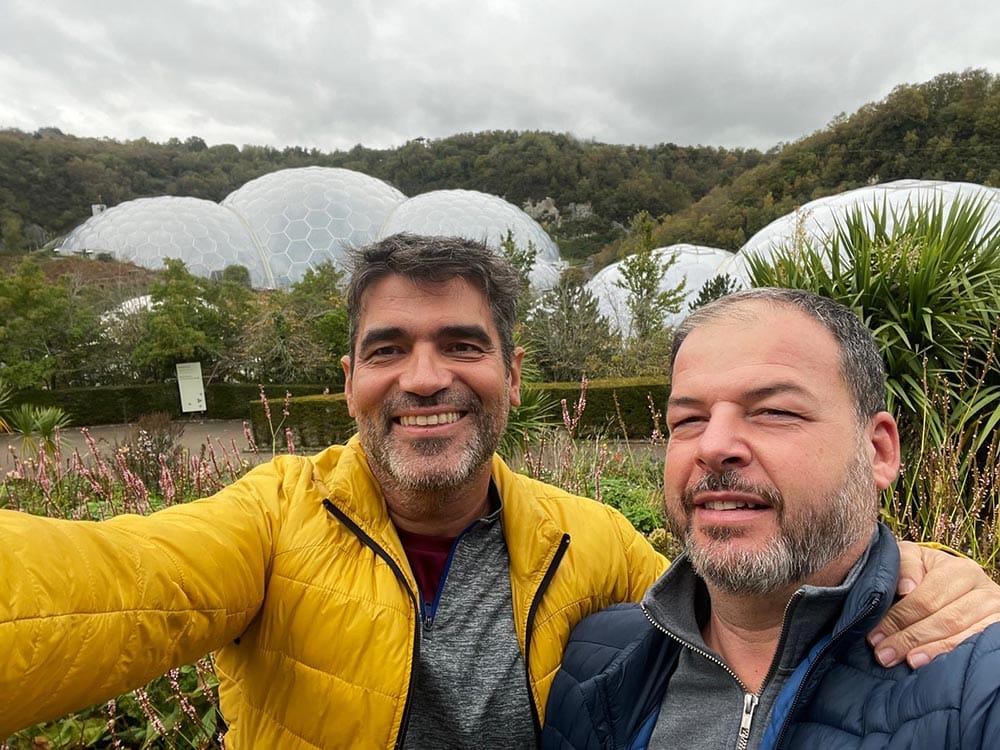
A Complex Ingredient: The Palm Oil Dilemma
Few commodities embody the tension between progress and destruction quite like palm oil. It appears in more than 60% of supermarket products, from biscuits to soap to makeup, and its cultivation has driven the loss or degradation of many tropical rainforests in key producing regions.
However, understanding this issue is essential to improving sustainability practices across the beauty industry. The solution is not simply to replace palm oil with other crops – such as coconut or soy – without ensuring those alternatives are grown sustainably. Otherwise, we risk shifting the problem rather than solving it.
Another promising approach is the mass balance system, a model used by some suppliers, such as BASF, to support the gradual transition towards certified sustainable raw materials. It allows responsibly sourced ingredients to enter existing production chains while maintaining full traceability and certification oversight. Though not a perfect solution, it’s a practical step that helps accelerate the industry’s shift towards more verifiable, large-scale sustainability practices.
This is why we closely study the evolving rainforest palm oil solution models, those focused on growing sustainable palm on degraded land, minimising pesticides, protecting biodiversity, and supporting local communities. True sustainability demands nuance, not avoidance.
Consumers often don’t realise how many names palm oil hides under. Here are just some of the terms it can appear as on ingredient lists:
Palm Oil Derivatives and Synonyms:
Palm Kernel Oil, Palm Fruit Oil, Palm Stearate, Sodium Palm Kernelate, Sodium Palmate, Palmitoyl Alcohol, Cetyl Palmitate, Stearic Acid (often palm-derived), Glyceryl Palmitate, Elaeis Guineensis Oil, Palmitoyl Oxostearamide, Palmitoyl Tetrapeptide, Sodium Laureth Sulfate, Sodium Lauryl Sulfate and Hydrogenated Palm Glycerides.
By learning to identify these and choosing certified sustainable sources, we empower ourselves as consumers to make more informed choices, and collectively, that awareness fuels change. Transparency is, and will always be, the foundation of Twelve Beauty’s ethics.
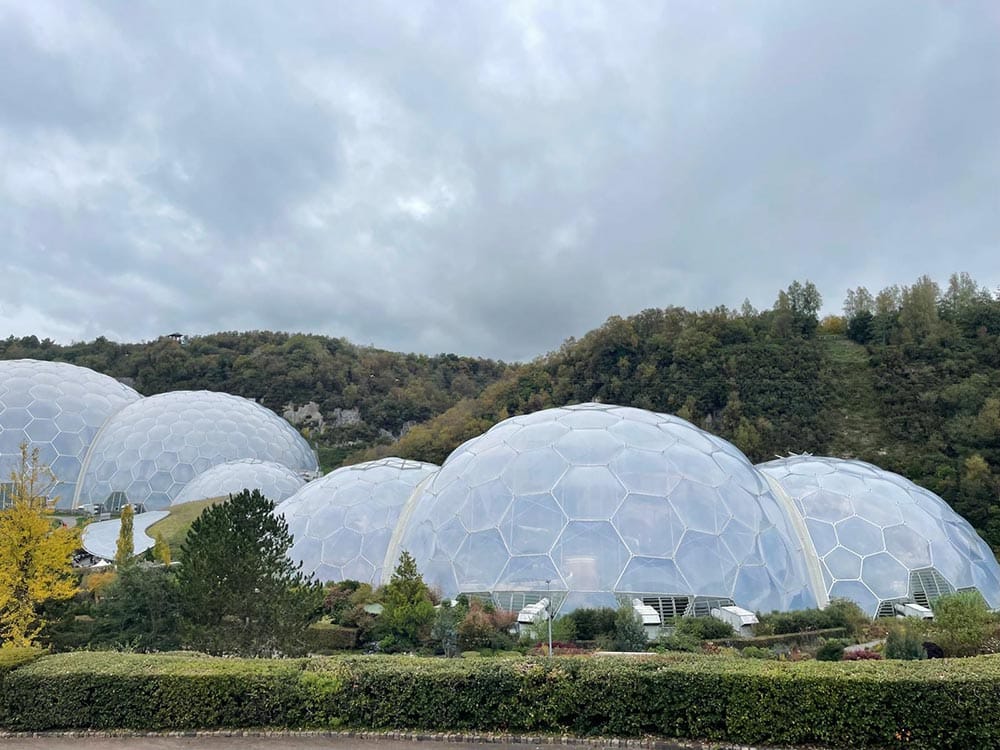
My Promise to You
As I left the Eden Project that day, standing above those magnificent domes, I was reminded of one overwhelming truth: everything is connected. From the soil beneath our feet to the air we breathe, from the farmers who cultivate rare botanicals to the people who trust us with their skin, our well-being is one and the same.
These Eden Project sustainability lessons have deepened my understanding of what it means to be a responsible formulator. They remind me that luxury must evolve, not as an indulgence, but as an expression of integrity.
At Twelve Beauty, we remain steadfast in our mission to prove that science, ethics, and beauty can coexist harmoniously. From our organic ingredient sourcing ethics to our long-term environmental partnerships, we will continue to refine and elevate our sustainability practices, ensuring that our growth never comes at nature’s expense.
Luxury, I believe, should always give back more than it takes. And in that giving, we rediscover beauty, not as a product, but as a living relationship with the Earth.

